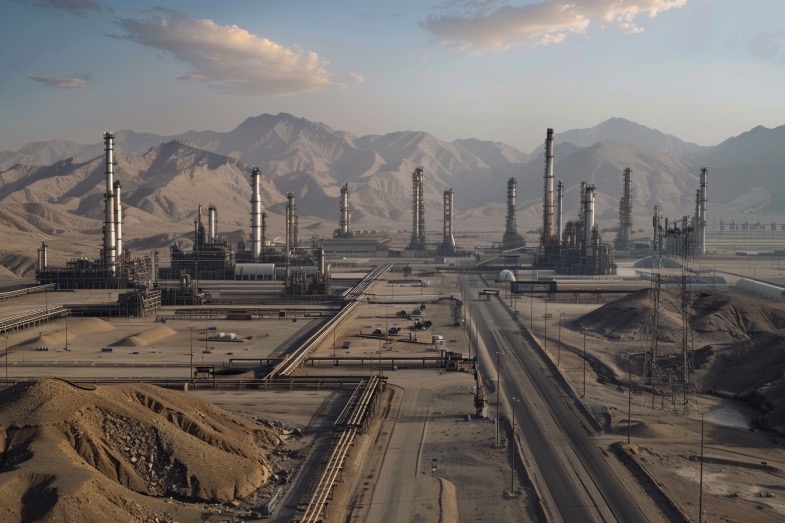SEOUL – South Korean Workers Released After Massive Immigration Raid at Hyundai Plant in Georgia
SEOUL — The South Korean government announced on Sunday that more than 300 South Korean workers detained in a massive immigration raid at a Hyundai plant in Georgia will be released and returned home.
Kang Hoon-sik, chief of staff for President Lee Jae Myung, revealed that negotiations with the United States had finalized the workers’ release.
He further stated that Seoul will dispatch a charter plane to bring them home once remaining administrative steps are completed.
U.S. immigration authorities disclosed on Friday that they detained 475 people, with the majority being South Korean nationals, after hundreds of federal agents raided Hyundai’s electric vehicle manufacturing site in Georgia.
The raid was aimed at a plant still under construction, where Hyundai has partnered with LG Energy Solution to build EV batteries.
South Korea’s Foreign Minister Cho Hyun confirmed that more than 300 South Koreans were among those detained.
The operation, part of President Donald Trump’s mass deportation agenda, was notable for its scale and because the Hyundai site is Georgia’s largest economic development project.
The raid sent shockwaves through South Korea, a key U.S. ally, especially after Seoul’s recent agreements with the U.S. in July for energy purchase and economic investment. President Lee and Trump had their first summit in Washington two weeks ago.
Lee called for “an all-out response” to the raid, emphasizing that the rights of South Korean nationals and the economic activities of Korean companies “must not be unfairly infringed upon.” The Foreign Ministry expressed “concern and regret” and sent diplomats to the site.
Video footage released by U.S. Immigration and Customs Enforcement showed agents lining up workers, frisking them, and shackling some around their hands, ankles, and waist. Most detainees were transferred to an immigration detention center in Folkston, near the Florida state line.
Homeland Security Investigations official Steven Schrank mentioned that some workers had entered the U.S. illegally, while others overstayed visas or entered on visa waivers that prohibited employment. No detainees have been charged, and the investigation is ongoing.
Kang stated that Seoul will push to review and improve visa systems for workers traveling to the U.S. for major investment projects. — Agencies



